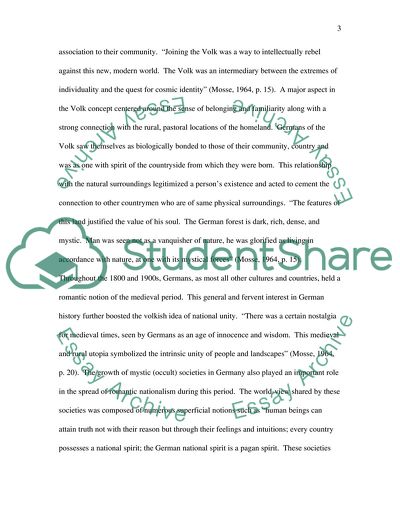Cite this document
(Did the Nazi Corrupt Volkish Ideals Research Paper, n.d.)
Did the Nazi Corrupt Volkish Ideals Research Paper. Retrieved from https://studentshare.org/history/1536385-did-the-nazi-corrupt-volkish-ideals-discuss
Did the Nazi Corrupt Volkish Ideals Research Paper. Retrieved from https://studentshare.org/history/1536385-did-the-nazi-corrupt-volkish-ideals-discuss
(Did the Nazi Corrupt Volkish Ideals Research Paper)
Did the Nazi Corrupt Volkish Ideals Research Paper. https://studentshare.org/history/1536385-did-the-nazi-corrupt-volkish-ideals-discuss.
Did the Nazi Corrupt Volkish Ideals Research Paper. https://studentshare.org/history/1536385-did-the-nazi-corrupt-volkish-ideals-discuss.
“Did the Nazi Corrupt Volkish Ideals Research Paper”, n.d. https://studentshare.org/history/1536385-did-the-nazi-corrupt-volkish-ideals-discuss.


